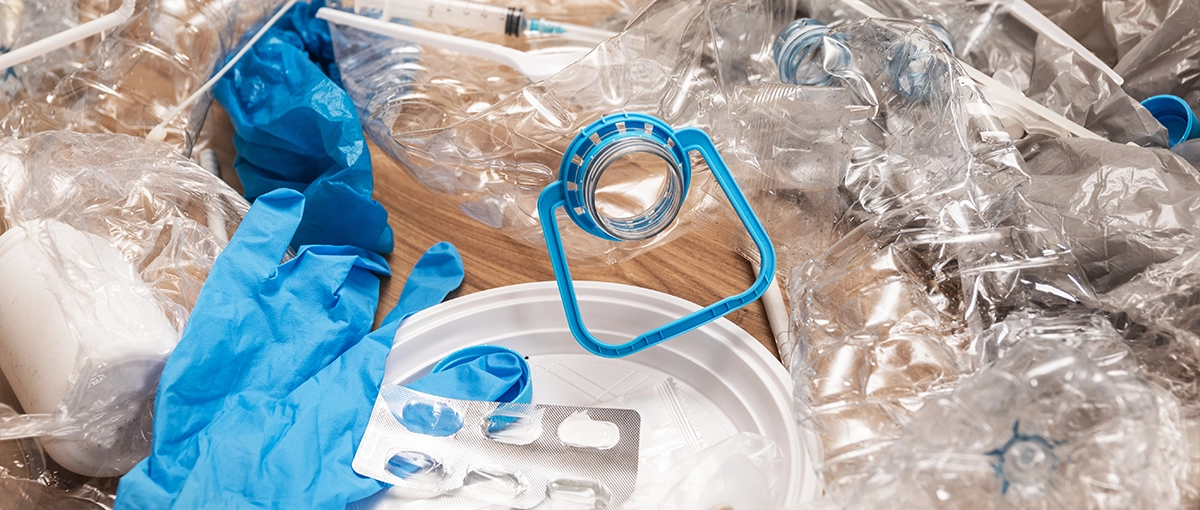Sustainable Alternatives to Single-Use Industrial Plastics

Single-use plastics in industrial settings often serve practical purposes like packaging, containment, and protection. However, their environmental toll cannot be ignored, especially as industries move toward more responsible purchasing decisions. Identifying materials and solutions that meet operational requirements while reducing plastic waste is critical for those who regularly acquire industrial supplies.
Biodegradable Polymers and Compostable Materials
Biodegradable polymers derived from natural sources such as corn starch, sugarcane, or cellulose offer replacements for traditional plastics. These materials break down under certain conditions into harmless components, reducing accumulation in landfills. Compostable materials extend this benefit by decomposing in industrial composting environments, returning nutrients to soil. Their mechanical properties have improved, enabling use in packaging films, bags, and containers. One consideration is ensuring compatibility with existing waste management infrastructure to maximize environmental gains.
Recycled Plastics with Enhanced Performance
Recycled plastics reduce reliance on virgin polymer production. Advances in processing allow reclaimed plastics to maintain or exceed performance standards needed for industrial applications. Utilizing recycled content in items like pallets, crates, and protective films lowers carbon footprints without sacrificing durability. This approach aligns with circular economy principles, where materials cycle through multiple lifecycles. Supplier transparency about recycled content percentages and quality assurance supports informed procurement.
Multi-Use and Refillable Solutions
Transitioning from single-use to multi-use packaging or containers minimizes overall waste volume. Durable materials designed for repeated cycles can handle rigorous industrial conditions. Systems incorporating refillable drums, totes, or bins reduce disposables while often improving supply chain efficiency through standardized formats. Implementation involves assessing cleaning, handling protocols, and potential lifecycle impacts, but offers significant waste diversion benefits.
Alternative Materials with Natural Origins
Industrial products traditionally made from plastics can be replaced by natural fiber composites, wood derivatives, or metal alternatives. For example, fiberboard pallets or metal containers can substitute plastic equivalents in many contexts. These materials often offer recyclability or biodegradability while meeting load-bearing requirements. Supplier options in this space are expanding, responding to growing demand for sustainable materials.
Advanced Coatings and Treatments
Applying coatings that enhance recyclability or biodegradability to plastic products extends their sustainable profile. Treatments that enable easier separation of multilayer films or improve breakdown rates aid waste processing. Investing in packaging or containment options that incorporate these technologies supports long-term waste reduction goals. Monitoring the chemical and environmental safety of additives remains essential.
Design for Disassembly and Recycling
Industrial plastics designed to be easily separated into constituent materials facilitate recycling streams and reduce contamination. Packaging that avoids complex bonding or mixed materials simplifies processing. This design philosophy encourages manufacturers and suppliers to rethink product construction, leading to more efficient material recovery. Procurement professionals can specify requirements that prioritize recyclability and disassembly features.
Lifecycle Assessment and Supplier Collaboration
Assessing the full environmental impact of single-use plastics alternatives requires examining sourcing, manufacturing, transportation, use, and end-of-life scenarios. Lifecycle assessment tools quantify potential benefits and trade-offs, enabling better decision-making. Engaging suppliers who demonstrate commitment to sustainability through transparent reporting and innovation helps align purchasing strategies with organizational goals.
Behavioral and Process Adjustments
Shifting away from single-use plastics is not solely a materials challenge. Process changes, such as reducing packaging volume, optimizing sizes to fit products precisely, or consolidating shipments, also contribute to minimizing plastic use. Training teams to handle reusable items correctly and encouraging a culture of sustainability within procurement and operations creates momentum beyond material swaps.
Regulatory and Market Drivers
Regulations limiting single-use plastics, combined with customer expectations for sustainable products, influence industrial supply chains. Staying ahead of compliance requirements by integrating alternatives prepares organizations for evolving legal landscapes. Market preferences increasingly favor environmentally responsible companies, positioning sustainable purchasing as a competitive advantage.
The Road Ahead: Innovation and Integration
Innovation continues to drive new materials and systems that balance performance with environmental responsibility. Bioplastics with improved mechanical properties, enhanced recycling technologies, and circular business models reshape industrial plastic use. Integration of these advances into purchasing practices ensures resilience and relevance in a market demanding sustainability.
Embracing alternatives to single-use industrial plastics is a complex but rewarding endeavor. It requires attention to material properties, supply chain logistics, and operational compatibility. For professionals managing industrial supplies, the journey toward greener solutions offers opportunities to reduce environmental impact while maintaining productivity and cost-effectiveness. When sustainable alternatives become standard practice, industrial operations can contribute meaningfully to reducing plastic waste and promoting resource stewardship.


